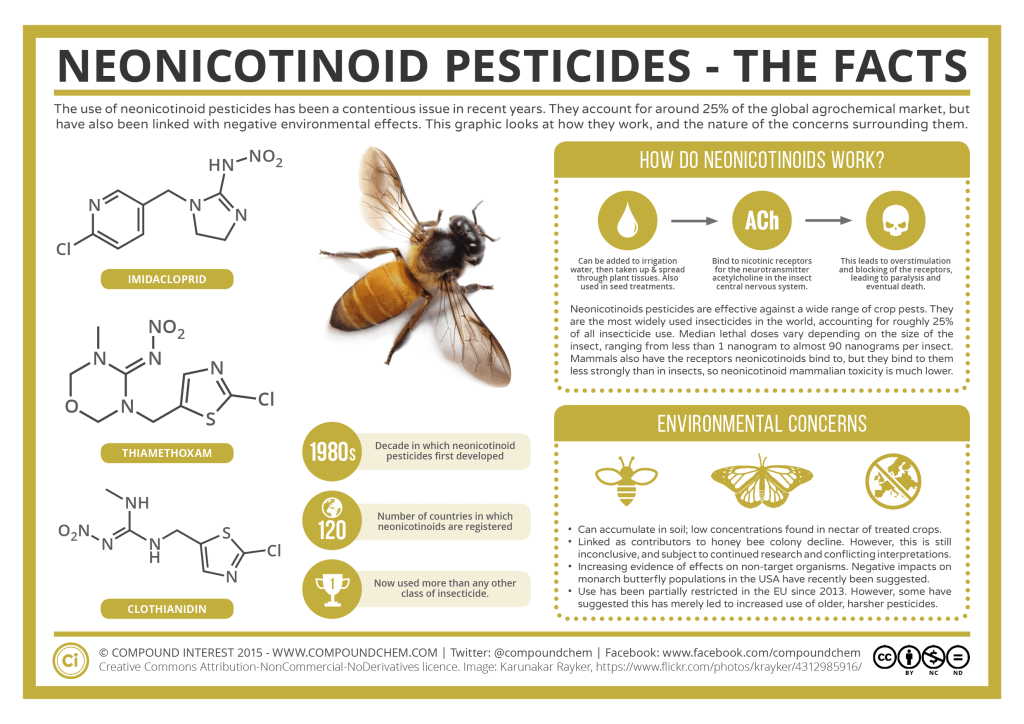Biodiversity loss and climate change are occurring at unprecedented rates, threatening humanity’s very survival. Nature is in crisis, but there is hope. Investing in nature can not only increase our resilience to socioeconomic and environmental shocks, but it can help societies thrive.
There is strong recognition within the Forum that the future must be net-zero and nature-positive. The Nature Action Agenda initiative, within the Platform for Accelerating Nature-based Solutions, is an inclusive, multistakeholder movement catalysing economic action to halt biodiversity loss by 2030.

Dynamic and flourishing natural ecosystems are the foundation for human wellbeing and prosperity. The Future of Nature and Business report found that nature-positive transitions in key sectors are good for the economy and could generate up to $10.1 trillion in annual business value and create 395 million jobs by 2030.
To support these transitions, the Platform for Accelerating Nature-based Solutions has convened a community of Champions for Nature promoting the sustainable management of the planet for the good of the economy and society. The Nature Action Agenda also recently launched the 100 Million Farmers initiative, which will drive the transition of the food and agriculture system towards a regenerative model, as well as the BiodiverCities by 2030 initiative to create an urban development model that is in harmony with nature.
Get in touch if you would like to collaborate on these efforts or join one of our communities.



